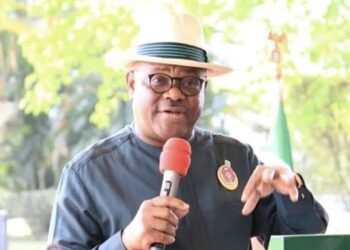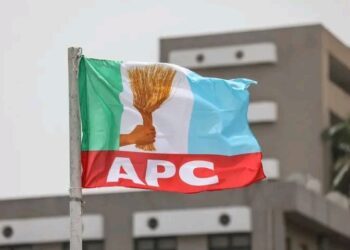National Secretary of CUPP, Mr Peter Ameh, said this in an interview with the News Agency of Nigeria (NAN) in Abuja on Sunday.
Ameh attributed the recurring phenomenon of defecting from one political party to another to lack of free and fair elections.
“This trend has undermined the development of multi-party democracy in Nigeria,” he said.
According to him, most of the politicians who defect to the ruling party often do so because they believe it will guarantee them electoral victory.
Ameh also described the issue of defection as a reflection of the lack of principles among politicians.
“When elected, officials defect to a party they previously contested against. It undermines the trust of their constituents and the integrity of the electoral process,” he said.
The CUPP national secretary quoted Section 109(1)(g) of the 1999 Constitution (as amended) as addressing the issue of defections from one political party to the other.
“It stipulates that legislators’ seats will be declared vacant if they defect from the party on which they were elected.
“However, this provision is weakened by Section 109(2)(g) which requires the presiding officer of the National Assembly or state assembly to declare the seat vacant.
“This loophole allows ruling parties to benefit from defections without consequences. To curb this trend, it is essential to abolish Section 109(2)(g) from the constitution,” he said.
To address this issue, Ameh said that Nigeria must develop a culture of principled politics, where politicians would be held accountable for their actions and policies.
“Reducing the influence of money politics and promoting free and fair elections are also crucial steps to achieving this goal,” he said. (NAN)











